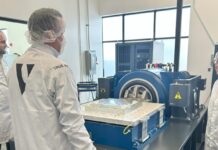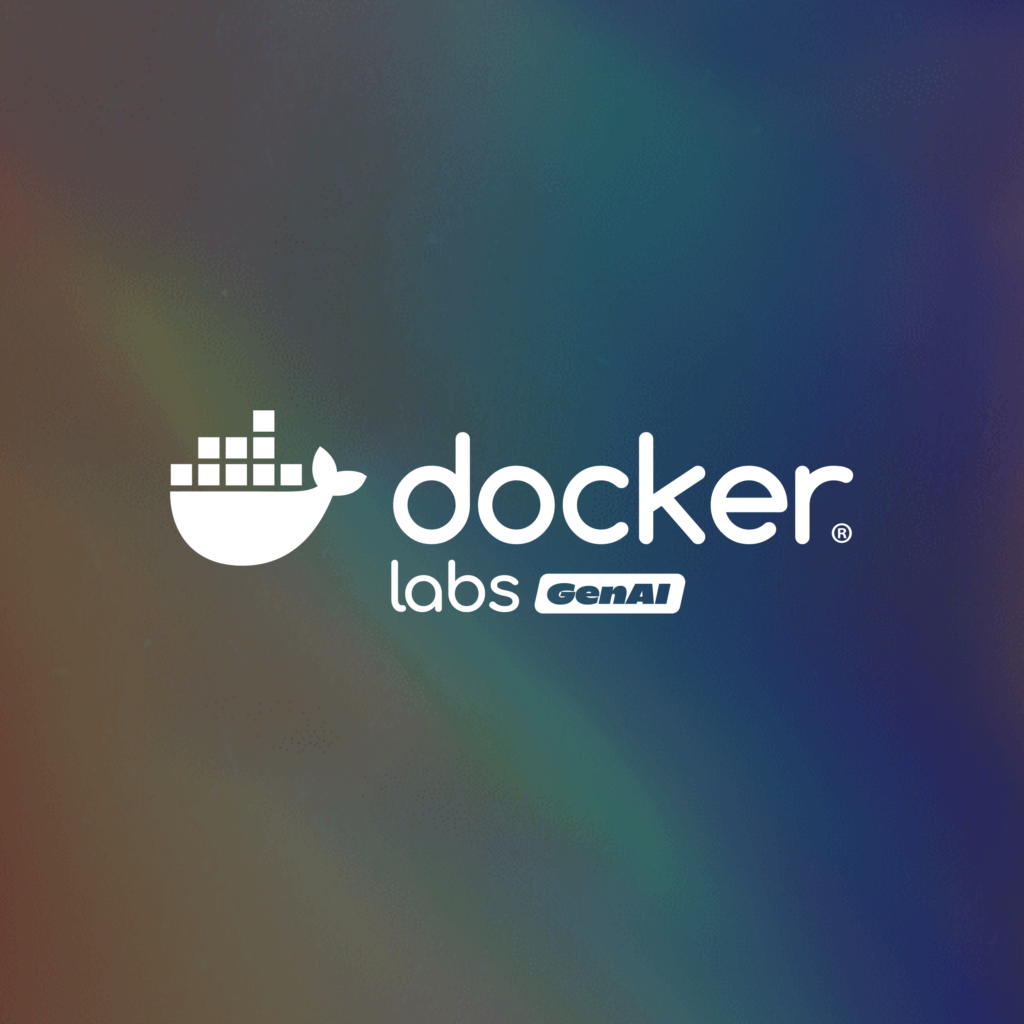Exploring the Future of AI Developer Tools with Docker Labs
In the ever-evolving world of technology, the intersection of artificial intelligence (AI) and software development is becoming increasingly significant. Docker Labs, a prominent player in this arena, recently launched its GenAI series, aiming to delve into the vast possibilities of AI developer tools. This series is designed to provide a comprehensive exploration of AI’s role in enhancing the software development lifecycle. It emphasizes open collaboration and real-time engagement with the developer community, ensuring that the journey is both inclusive and devoid of unnecessary hype.
Docker’s initiative recognizes the widespread adoption of autocomplete tools like GitHub Copilot by developers. These tools have revolutionized coding by predicting and suggesting code snippets, thereby streamlining the development process. However, Docker believes there’s untapped potential for AI tools to assist developers beyond these capabilities. The objective is to explore how AI can support specific tasks and interfaces throughout the entire software lifecycle, offering a broader and deeper impact on development practices.
Engaging with Developers at GitHub Universe
Docker’s commitment to fostering a collaborative environment was evident during its recent participation in the GitHub Universe event. At this gathering, Docker showcased its innovative Docker agent extension for GitHub Copilot. This extension is part of their broader strategy to enhance the functionality of AI tools in development environments.
One of the highlights of Docker’s presence at GitHub Universe was the "Hack with Docker Labs" session. This interactive session provided developers with a hands-on opportunity to explore the capabilities of Docker’s tools. Participants were encouraged to experiment with AI agents and understand how these agents can transform interactions with development tools.
Introducing the VSCode Extension
To facilitate these explorations, Docker developed a Visual Studio Code (VSCode) extension. This extension serves as a platform for developers to experiment with the relationship between AI agents and various tools. By utilizing a simple Markdown-based canvas, developers can combine tool definitions (which can be anything packaged in a Docker container) with prompts. This approach allows for a seamless interaction between the developer, the tool, and the AI agent.
The sessions at GitHub Universe followed a straightforward pattern:
- Select a tool and articulate the desired task.
- Allow the AI agent to interact with the selected tool.
- Review the agent’s actions, refine the strategy if necessary, and attempt the task again.
This process not only facilitated discussions but also provided valuable insights into how AI agents can redefine our interactions with development tools.
Practical Example: Generating a QR Code
A practical demonstration of this process involved generating a QR code using the tool "qrencode." The process began with defining both the tool and the prompt within a Markdown file. Control was then handed over to the AI agent, which interacted with the tool to produce the QR code. This example illustrated the potential of AI agents to automate and streamline tasks that would otherwise require manual intervention.
Developers interested in exploring these capabilities further are encouraged to engage with the Docker community by creating issues in Docker’s GitHub repository. This collaborative approach ensures that the development and refinement of AI tools are driven by the needs and insights of the developer community.
Reflecting on Developer Workflows
Docker’s participation in GitHub Universe also provided an opportunity to reflect on the evolving nature of developer workflows. The introduction of coding assistants has significantly transformed how developers approach coding tasks. While language services have been a staple in editors for some time, the advent of coding assistants that predict the next most likely tokens has introduced a new dimension to the development process.
In essence, these tools have highlighted the similarities in coding practices, as developers tend to write similar programs. This recognition underscores the potential for AI tools to further optimize and personalize development workflows.
Expanding the Role of AI Agents
Beyond simple code predictions, AI agents are increasingly being equipped to handle a broader range of tasks. Tools like Cursor and GitHub Copilot Chat exemplify this trend by expanding the capabilities of coding assistants. These tools operate in the background, addressing issues like build problems, outdated dependencies, fixable linting violations, and security vulnerabilities.
The evolution of AI agents is depicted in an updated diagram that illustrates the interaction between language services, developers, and AI agents. In this model, AI agents not only provide diagnostics and propose code actions but also offer chat interfaces for user input. This expanded role of AI agents opens up new possibilities for custom agents that can be tailored to specific development needs.
Looking Ahead
The future of AI in software development is poised for exciting advancements. Docker’s GenAI series will continue to explore new directions, focusing on how AI agents can utilize Language Server Protocols (LSPs) to interact with developers in innovative ways. By representing background tasks such as updating dependencies or fixing code issues, AI agents can leverage language services and editors as tools to enhance developer understanding and workflow efficiency.
The insights gained at GitHub Universe reinforced the demand for more tools in developer workflows. Docker remains committed to this effort, encouraging developers to follow along and contribute through the project’s GitHub repository.
For those interested in staying updated on Docker’s initiatives and advancements in AI developer tools, subscribing to Docker’s newsletter is highly recommended. This will ensure access to the latest news and developments in this dynamic field.
Conclusion
The integration of AI into the software development process is not just a trend but a transformative shift that holds immense potential. Docker Labs’ GenAI series is at the forefront of this evolution, providing developers with the tools and knowledge to harness AI’s full capabilities. Through open collaboration and continuous exploration, Docker is paving the way for a future where AI and software development are seamlessly intertwined, ultimately enhancing productivity and innovation in the tech industry.
For more Information, Refer to this article.


































